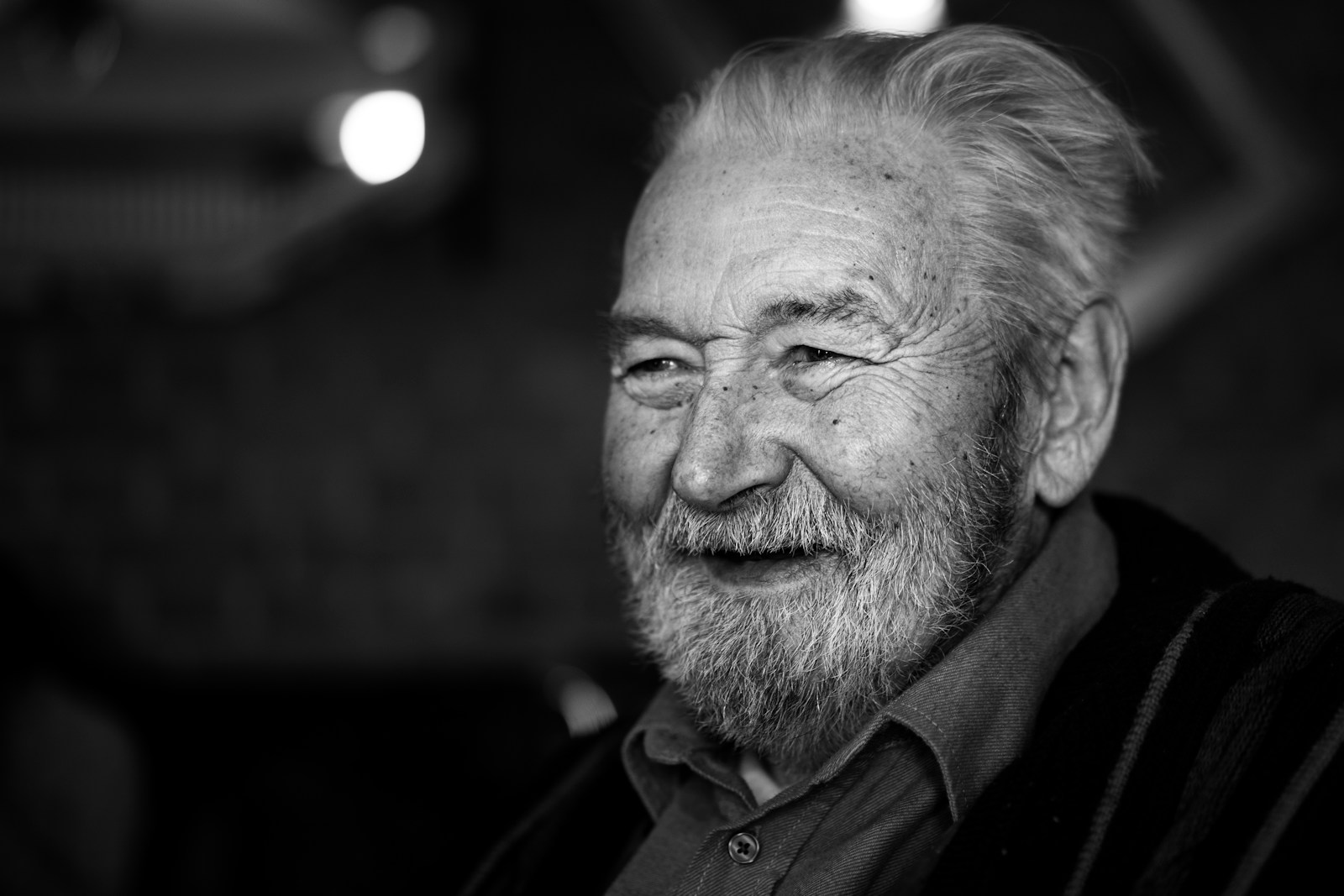
爷爷
yéye

grandfather
In Chinese, the word for paternal grandfather is '爷爷' (yéye). It is usually used to address the father of one's father. This term is commonly used in both formal and informal contexts.
Example sentences using: 爷爷
我的爷爷是医生。
Wǒ de yéyé shì yīshēng.

My grandfather is a doctor.
This sentence introduces the speaker's grandfather's profession, which is a common topic in basic language learning.
你的爷爷在那里吗?
Nǐ de yéyé zài nàlǐ ma?

Is your grandfather there?
This sentence is asking about the location of the person's grandfather, a useful question structure in everyday conversation.
他是我爷爷。
Tā shì wǒ yéyé.

He is my grandfather.
This sentence states a family relationship, whereby the speaker identifies someone as their grandfather.
爷爷正在读报纸。
Yéyé zhèngzài dú bàozhǐ.

Grandfather is reading the newspaper.
This sentence describes what the grandfather is doing, a common construct for explaining actions in the present tense.
爷爷热爱音乐。
Yéyé rè'ài yīnyuè.

Grandfather loves music.
This sentence uses a simple subject-verb-object structure to state that the grandfather likes music.
爷爷做的菜好吃。
Yéyé zuò de cài hào chī.

The dishes made by grandfather are delicious.
This sentence expresses a positive opinion about something made by the grandfather, a dish in this specific case.
爷爷告诉我一个故事。
Yéyé gàosù wǒ yīgè gùshì.

Grandfather tells me a story.
The sentence focuses on the action of the grandfather telling a story, a scenario common in familial settings.
我回家去看爷爷。
Wǒ huí jiā qù kàn yéyé.

I'm going home to see my grandfather.
This sentence discusses the speaker's plan to go home with the purpose of seeing their grandfather.
爷爷每天都走路去公园。
Yéyé měitiān dōu zǒulù qù gōngyuán.

Grandfather walks to the park every day.
This sentence talks about the grandfather's daily habit of walking to the park, introducing the concept of regular activities.
我帮爷爷拖地。
Wǒ bāng yéyé tuō dì.

I help my grandfather mop the floor.
The sentence describes a situation in which the speaker is assisting their grandfather in doing household chores.